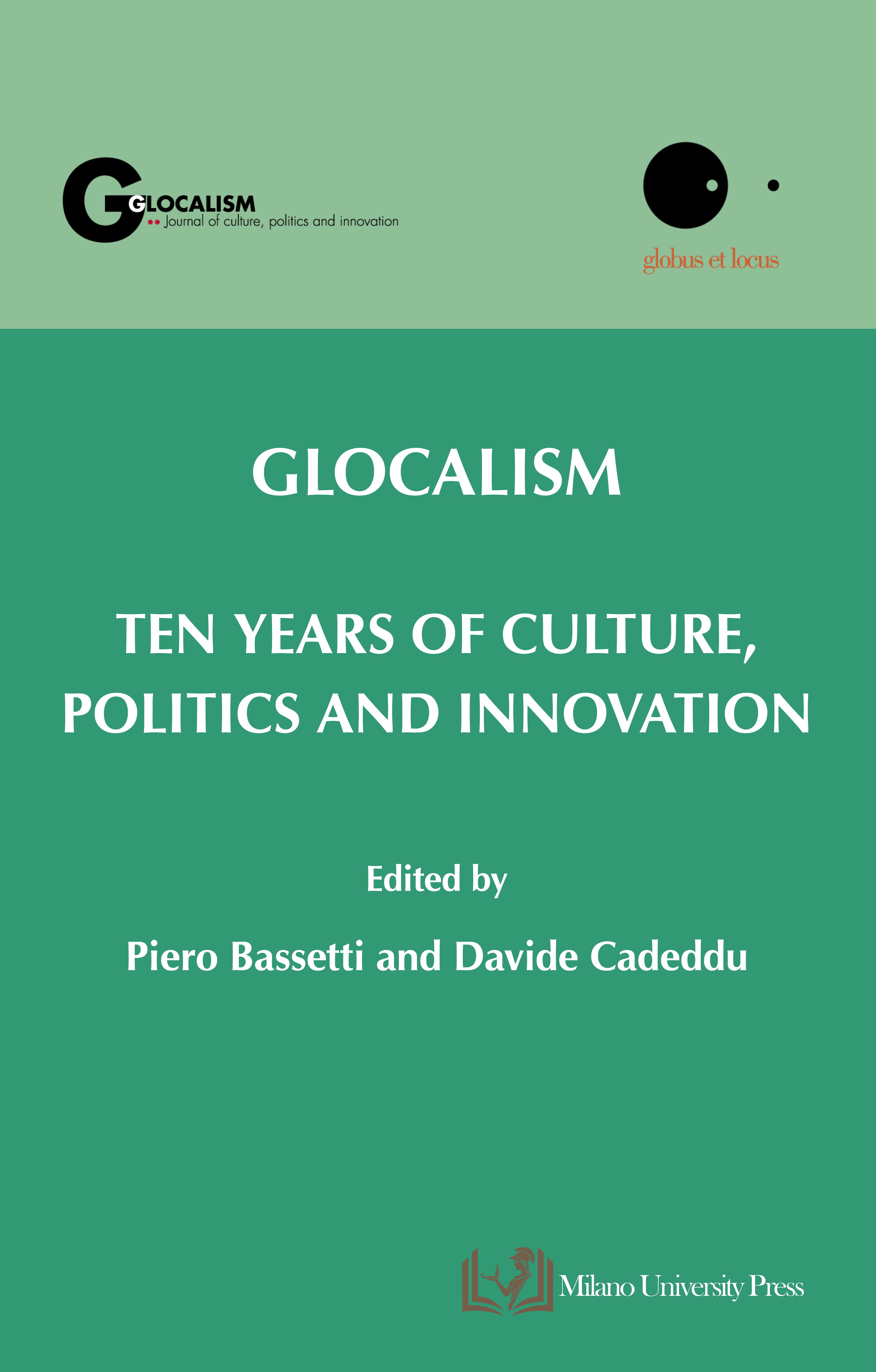Women Against Women Women’s Participation in Nigerian Politics
DOI:
https://doi.org/10.12893/gjcpi.2019.3.10Keywords:
democracy, Nigeria, participation, shared consciousness, womenAbstract
This paper examines women’s participation in politics and their performance in electoral contests. Nigeria embraced democracy in 1999 after 16 years of consecutive military rule. Among the features of democracy, there is universal suffrage which ensures participation of all eligible citizens in the process of electing a leader. This paper adopts a qualitative method using data collected from In-Depth Interviews and Key Informant Interviews in some selected states in Nigeria. The findings of the study reveal that there is an increase in the number of women who participated in political party rallies, campaigns and registered as a voter but the percentage of women who won elected political offices and political appointments are not commensurate with their level of participation. The study establishes that despite the number of registered female voters in the general elections, they lack identity consciousness to vote for female candidates to reduce the gap between male and female representation in government. The preference of male candidates over female candidates could be attributed to religious, cultural, economic and psychological factors. The paper concludes that the absence of identity consciousness among women has aggravated the marginalized condition of women in government. Therefore, the reasons for the low participation of women in democratic governance in Nigeria – apart from cultural, financial and religious factors – are emotional factors and a lack of identity consciousness.
Downloads

Downloads
Published
How to Cite
Issue
Section
License

This work is licensed under a Creative Commons Attribution-ShareAlike 4.0 International License.











